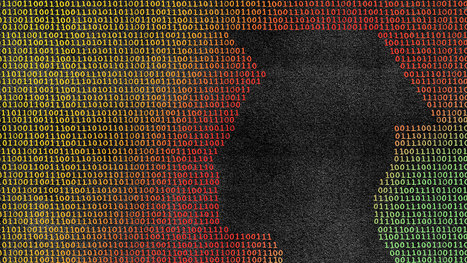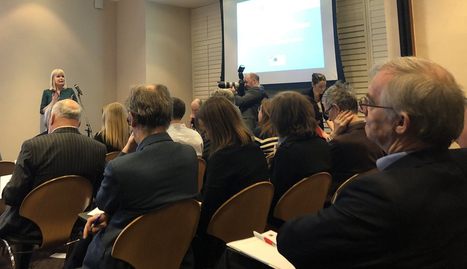We see technology as a noun, not a discipline or subject. There is no -ology for techn-ology, stuck as it is somewhere between science and engineering. Yet this is an area of human endeavour that has shaped history, economics, sociology, psychology and philosophy.
The tendency is to see technology in mechanical, material terms, to be stuck in the old paradigm, much as in this vision of robot cleaners in 1899, when the artist tried to imagine the year 2000. What we actually got was an AI driven Roomba. We also see this in the many books about technology, such as Usler's The History of Mechanical Invention and Brian Arthur's The Nature of Technology, although the latter is far more sophisticated in seeing combinations of technology as the deep driver. The word technology comes from the Green Tekhne (art, craft) and logia (writings). We still see technology as ‘tech’ not ‘ology’.



 Your new post is loading...
Your new post is loading...









![[Un]intended consequences of educational change: The need to focus on literacy development #lilac19 | Information Literacy Weblog | Information and digital literacy in education via the digital path | Scoop.it](https://img.scoop.it/yhH9CewzjcqLVSO178Xq_zl72eJkfbmt4t8yenImKBVvK0kTmF0xjctABnaLJIm9)






